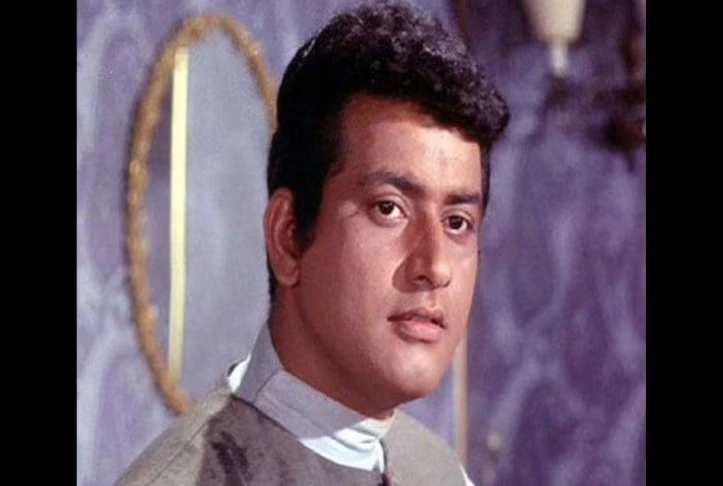Name: Sharmila Tagore
Profession: Actress
Born: 8 December 1944 (Cawnpore, United Provinces, British India)
Nationality: Indian
Known for: The World of Apu, Devi, Kashmir Ki Kali, Aradhana, Safar, Amar Prem, Mausam, Mississippi Masala
Biography:
Born into the illustrious Tagore family on 8 December 1944 in Cawnpore (now Kanpur), Sharmila Tagore is the eldest daughter of Gitindranath Tagore, a British India Corporation general manager, and Ira Barua of Assamese heritage.
A relative of Nobel laureate Rabindranath Tagore, she attended St. John’s Diocesan Girls’ Higher Secondary School and Loreto Convent, Asansol. At age 14, she debuted in Satyajit Ray’s The World of Apu (1959), launching her six-decade career in Bengali and Hindi cinema.
In the 1960s, Tagore became Ray’s muse in Devi (1960), Nayak (1966), Aranyer Din Ratri (1970) and Seemabaddha (1971), earning acclaim as a leading Bengali actress.
She entered Bollywood with Kashmir Ki Kali (1964) and became the first Indian actress to appear in a one-piece swimsuit onscreen in An Evening in Paris (1967), cementing her status as a glamorous icon. Hits like Waqt (1965), Anupama (1966) and Devar (1966) expanded her range. The 1970s marked her zenith: she won Filmfare Best Actress for Aradhana (1969) and the National Film Award for Best Actress for Mausam (1975).
Collaborations with Rajesh Khanna in Safar (1970), Amar Prem (1972) and Daag (1973) delivered enduring classics. In Chupke Chupke (1975) and Ek Mahal Ho Sapno Ka (1975), she displayed comedic flair, while Amanush (1975) and Anand Ashram (1977) added emotional depth.
The 1980s–90s brought selective roles: Namkeen (1982), New Delhi Times (1986), and Mira Nair’s Mississippi Masala (1991). Her portrayal in Abar Aranye (2002) won her the National Film Award for Best Supporting Actress. From 2004 to 2011, she chaired India’s Central Board of Film Certification and served as a UNICEF Goodwill Ambassador.
After a 13-year hiatus, Tagore returned with Gulmohar (2023), earning Filmfare OTT Best Actress Critics, and starred in Marathi Outhouse (2024) and Bengali Puratawn (2025), winning Best Actress at South Asian and New York Film Festivals.
Throughout, she balanced art-house and mainstream cinema, redefining female roles in Indian films and inspiring generations with her grace, intelligence, and pioneering spirit.













